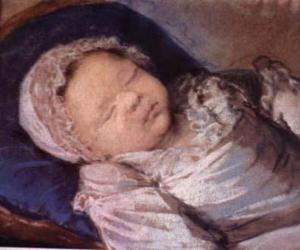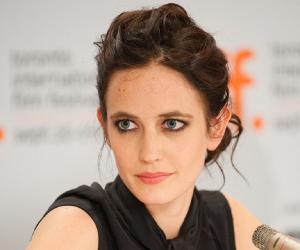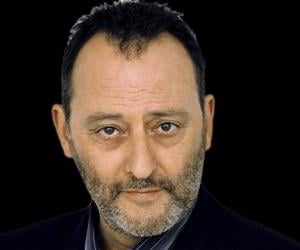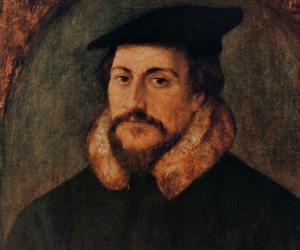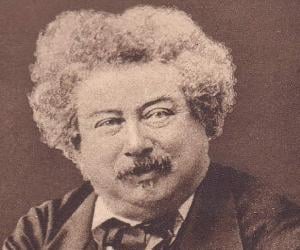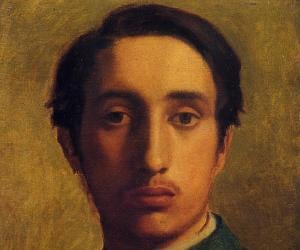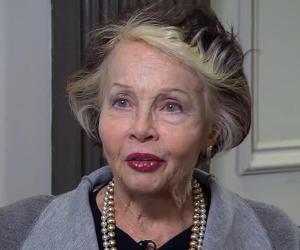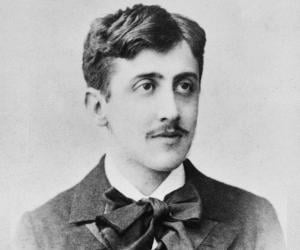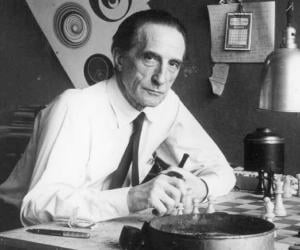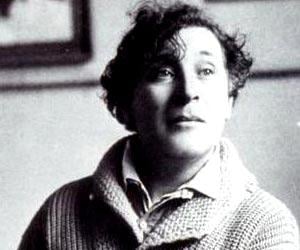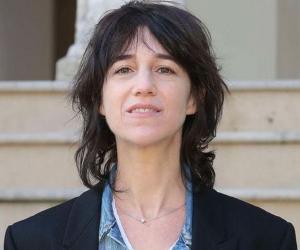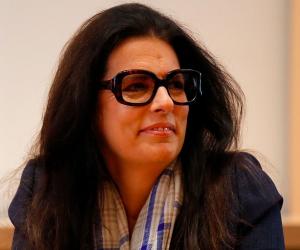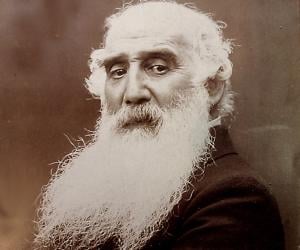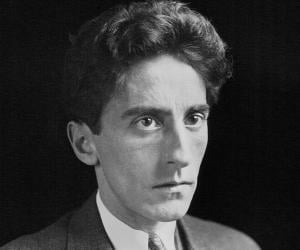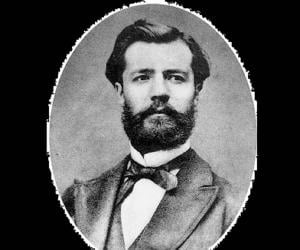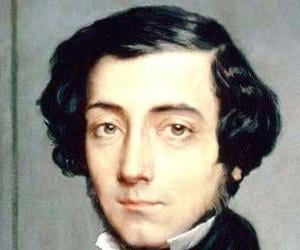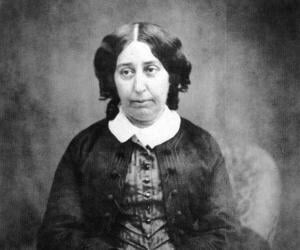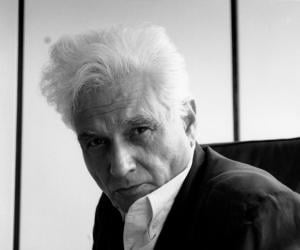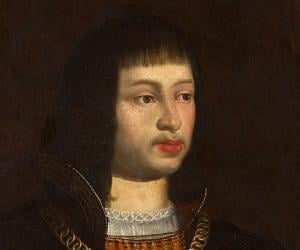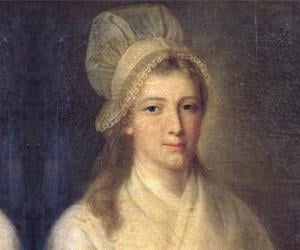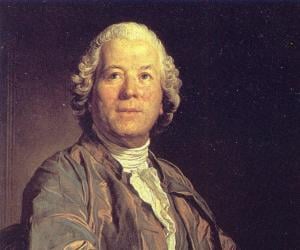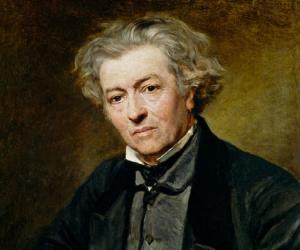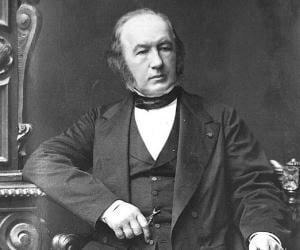French actress, Eva Green, gained instant fame in 2003 with her first film The Dreamers, directed by the eminent Bernardo Bertolucci. Subsequently she went on to act in a number of notable films like Kingdom of Heaven, Casino Royale, Dark Shadows, Home for Peculiar Children, Franklyn, Cracks and Proxima. She has also acted in television series like Penny Dreadful and Luminaries.
Léa Seydoux is a critically acclaimed French actress who gained international recognition after playing a Bond girl in Spectre. Also known for her modeling career, Seydoux has posed for popular magazines, such as Vogue, L'Officiel, and Numéro. She became the face of Prada's 2013 and 2014 campaign for its fragrances.
French theologian, pastor, and reformer John Calvin was a major figure during the Protestant Reformation in the 16th century. He was influential in the development of the system of Christian theology later called Calvinism. Originally trained as a humanist lawyer, he broke from the Roman Catholic Church to embrace Protestantism. As an apologetic writer, he generated much controversy.
One of the most widely read French authors of all time, Alexandre Dumas was prolific in several genres. He joined the army as a young man and later became a full-time writer. Starting his writing career as a playwright, he moved on to writing novels. His novels have been adapted into nearly 200 films in the past century.
French Impressionist artist Edgar Degas is best remembered for his oil paintings and pastel drawings and for his signature use of dancers and bathing women as themes in his works such as Fin d'Arabesque and Woman in a Tub. He had also experimented with bronze sculptures and called himself a realist.
Marcel Proust was a French novelist, essayist, and critic best known for writing the world-renowned novel In Search of Lost Time, which was published between 1913 and 1927 in seven parts. Many writers and critics regard him as one of the 20th century's most influential and important authors.
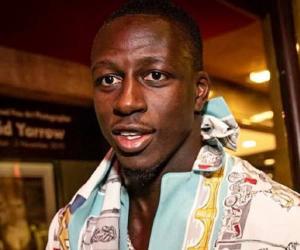
Russian-French artist Marc Chagall, a key figure of modernism, had explored a wide range of media as an artist, from paintings and drawings to stained glass and ceramics. His major projects included the ceiling of the Paris Opéra, the Art Institute of Chicago, and the Jerusalem Windows of Israel.
Charlotte Gainsbourg, daughter of French singer Serge Gainsbourg and English actor Jane Birkin, made her singing debut at age 12. She is best known for her César Award-winning roles in La Bûche and An Impudent Girl. Her performance in Antichrist won her an award at the Cannes Film Festival.
L'Oréal heiress Françoise Bettencourt Meyers, the world’s richest woman as of 2020, made headlines when she sued her mother, trying to prove she was mentally incompetent. In spite of being born into luxury, she often ditched parties, and took to writing books on Greek mythology and religious commentaries.
Camille Pissarro was a Danish-French painter best remembered for his contributions to Impressionism, Neo-Impressionism, and Post-Impressionism. He is credited with establishing a group of 15 aspiring artists, for which he served as a pivotal figure. He was regarded as a father figure to several important painters, including Vincent Willem van Gogh.
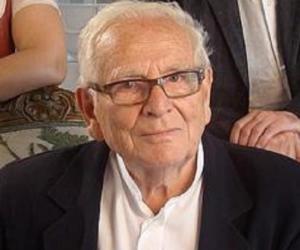
Italian-born French fashion designer Pierre Cardin revolutionized unisex fashion with his geometric designs. His wine merchant father wanted him to study architecture, but Cardin deviated to fashion instead, starting his career as a men’s tailor. He introduced the Space Age look and also licensed his name out to other products.
Henri Fayol was a French mining engineer, author, mining executive, and director of mines. He is credited with developing a theory of business administration called Fayolism. Along with Frederick Winslow Taylor, Henri Fayol is credited with founding modern management methods.
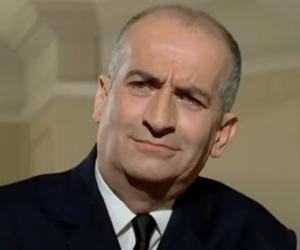
French diplomat and political scientist Alexis de Tocqueville is best remembered for his written works The Old Regime and the Revolution and Democracy in America. He was part of French politics, primarily during the July Monarchy and the Second Republic. He had been the minister of foreign affairs briefly.
Jacques Derrida was a French philosopher remembered for developing deconstruction, a form of semiotic analysis. Derrida is one of the most influential figures associated with postmodern philosophy and post-structuralism. He also had a major influence on academic disciplines like philosophy, law, political theory, anthropology, applied linguistics, and historiography. He also influenced music, art criticism, art, and architecture.
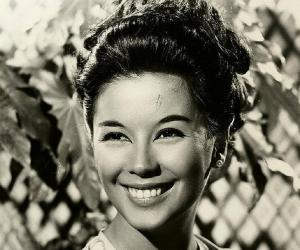

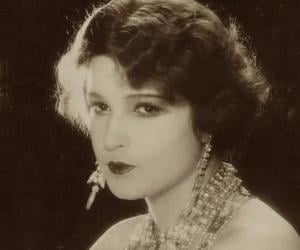
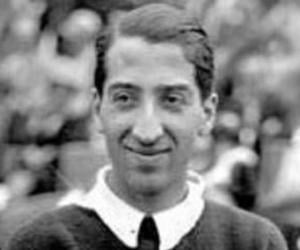
Charlotte Corday was an important figure of the French Revolution. She is remembered for murdering Jacobin leader Jean-Paul Marat, for which she was executed by guillotine. Her action changed the political position and role of women at the time. She was also considered a hero by those who opposed the teachings of Jean-Paul Marat.
Composer Christoph Willibald Gluck left home when his father went against his passion for music and pushed him into forestry. He then reached Milan, where he learned Italian instrumental music and later fused Italian and French opera music. His best-known works include Orfeo ed Euridice and La rencontre imprévue.
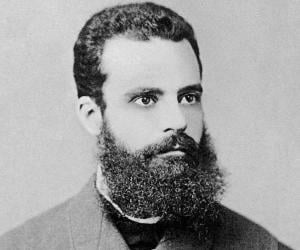
A qualified civil engineer, Vilfredo Pareto had initially worked for the railways and the ironworks. However, he gradually deviated to philosophy, sociology, and politics and gained fame for his application of math to economic issues and his introduction of Pareto efficiency. Mind and Society remains his best-known work.
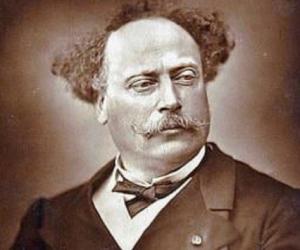
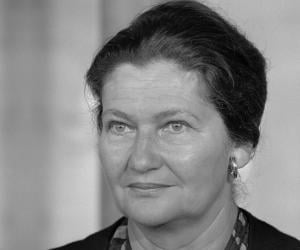
A Holocaust survivor, Simone Veil had lost her father, mother, and brother to Nazi concentration camps. She grew up to be a magistrate and became the first woman president of the European Parliament. She had also been an able health minister and rallied for abortion rights of French women.


Renowned sociologist and cultural theorist Jean Baudrillard is remembered for introducing concepts of hyperreality and simulacrum. Initially a teacher of German literature in schools, he later taught sociology at Paris X Nanterre. He coined the phrase the desert of the real, which was later used in the film The Matrix.
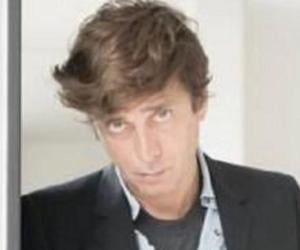
French designer Hedi Slimane began his career as a marketing assistant at Yves Saint Laurent. His menswear silhouettes earned him a CFDA International Designer Award. He now works with the luxury brand Celine. He is also a skilled photographer and has released several photo books and worked for several magazines.

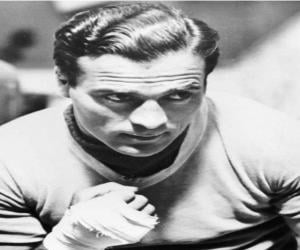
French painter Camille Corot is remembered for his landscape paintings that paved the path for the Impressionist movement. Born into a milliner’s family, Corot was a poor student and shunned his family business to learn painting at 25. His works, however, were easy to replicate and led to many forgeries.
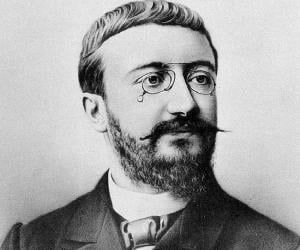
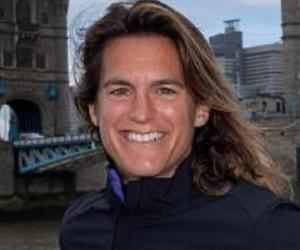
Claude Bernard was a French physiologist whose scientific experiments led to several important discoveries. He is credited with coining the phrase milieu intérieur, which refers to the extracellular fluid (ECF) environment. He also pioneered the use of a blinded experiment to eliminate various experimental biases.

Bérénice Bejo is a French-Argentine actress who won the César Award for Best Actress and an Academy Award nomination for her portrayal of Peppy Miller in the 2011 French comedy-drama film The Artist. Bejo is also known for her performance in the 2013 drama film The Past, which earned her the Best Actress Award at the 2013 Cannes Film Festival.

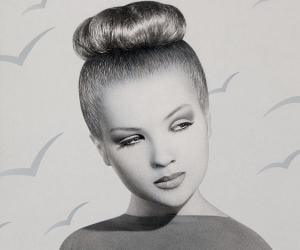
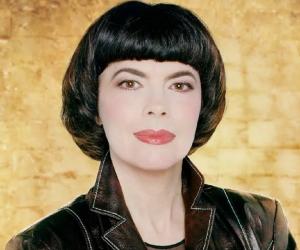

Lucas Digne is a French professional footballer. He plays as a left-back for Premier League club Everton and the France national team. He was part of the France under-20 team that won the 2013 World Cup. He made his senior international debut in March 2014. He took part in the UEFA Euro 2016 and UEFA Euro 2020.
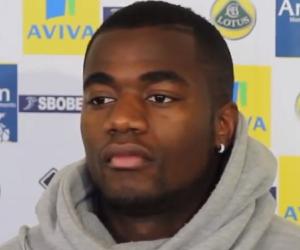
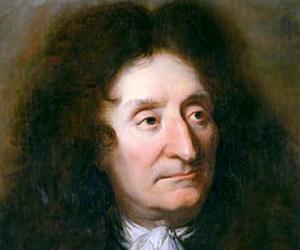
Seventeenth-century French author Jean de La Fontaine is best remembered for his Fables. Initially a forest inspector, he later attended the salons of aristocratic patrons, where he met scholars, authors, and philosophers. Though he faced royal opposition, he was eventually made a part of the French Academy.
